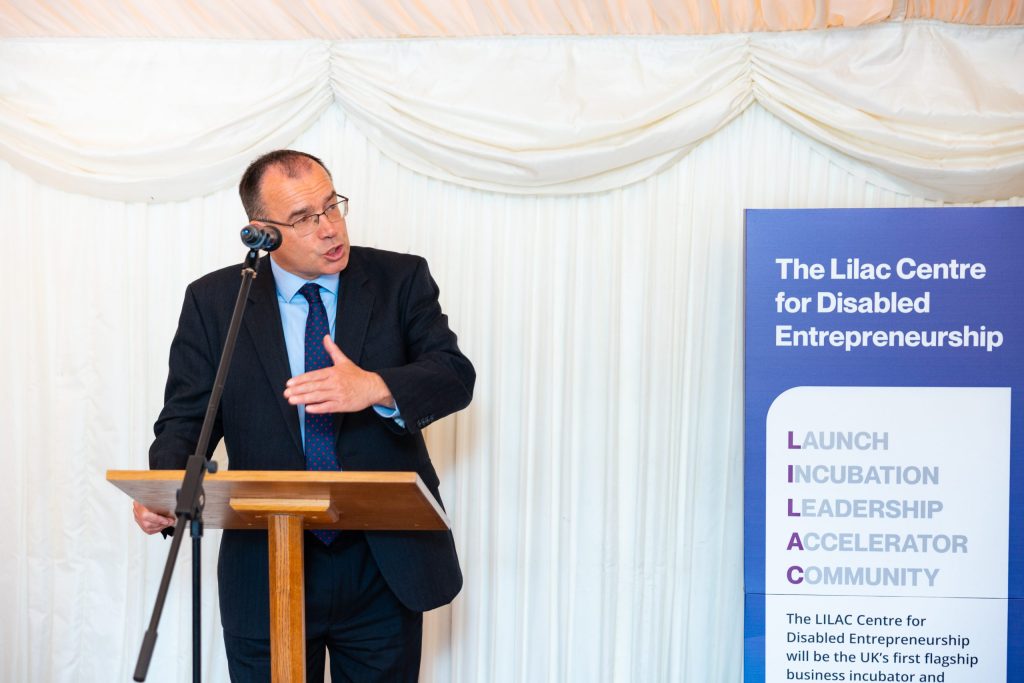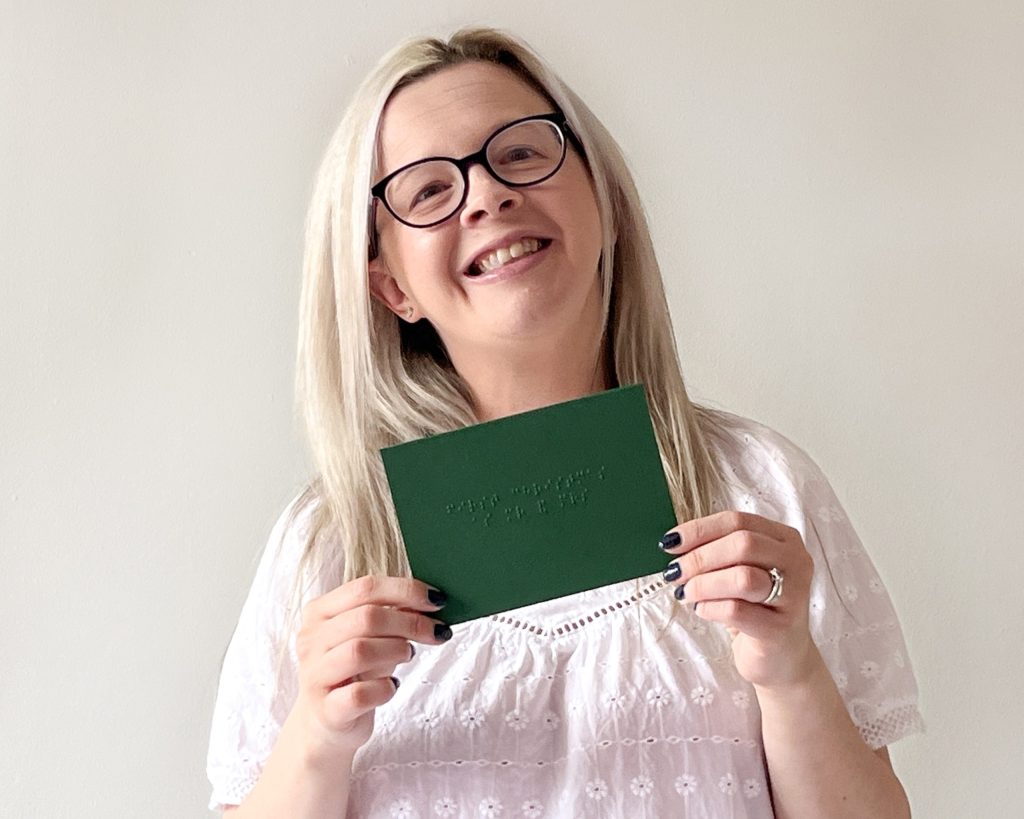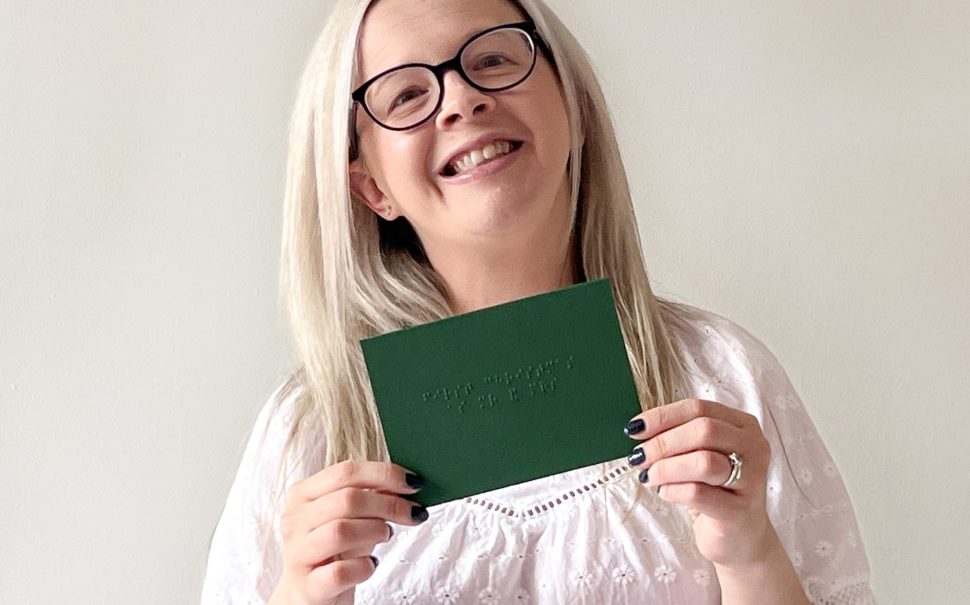A major independent review estimates that removing obstacles for disabled entrepreneurs could unlock £230 billion in additional UK business revenue.
The Lilac Review has published its final report with a call for bold and urgent action to empower millions of disabled entrepreneurs across the country, combat inequalities and drive business growth.
Disabled entrepreneurs represent 25% of the UK’s 5.45 million small businesses, just over 8.6% of business turnover according the Business Without Barriers report from fsb.
The final report issues over twenty recommendations for central and local government, financial institutions, and business support organisations to build a more inclusive economy.
Gareth Thomas, minister for small businesses and co-chair of The Lilac Review, said: “I’m proud to have co-chaired the Lilac Review and welcome its valuable insights and recommendations to help empower disabled entrepreneurs, tackle inequality, and unlock growth opportunities.”

Source: Lilac Review
The review backed by research from ARU Peterborough and Small Business Britain, reveals a strong appetite for growth among disabled entrepreneurs, with 73% aiming to increase revenue and nearly half hoping to expand.
Financial barriers still remain a major hurdle for them, with 57% identifying access to funding as their top priority for the year ahead.
Victoria Jenkins, co-chair of The Lilac Review and founder of Unhidden, said: “Disabled entrepreneurs are innovative, impactful, and growing. Yet we remain underrepresented, underfunded and underestimated.
“The Lilac Review is a bold and necessary step toward recognising the unique challenges that Disabled entrepreneurs face-and more importantly, toward removing them.”
Disabled founders face a unique set of challenges, from the extra costs of living with disability, averaging £1,010 per month, to fears of losing essential benefits and a financial system not designed with accessibility in mind.
They are also 400 times less likely to secure investment than their non-disabled peers according to research from Access2Finance.
Jenkins said: “The findings of this report are clear: change is needed not later, but now.
“That means inclusive finance, accessible business support, and communities that empower rather than exclude.”
Among the key recommendations of the Lilac Review is the expansion and increased visibility of the Disability Finance Code (DFCE).
Backed by major banks including Barclays, HSBC, UK, Lloyds and Natwest, the initiative is already marking a significant step forward in driving meaningful change.
Hayley Kellard, founder of Dotty About Braille launched her business in 2023, offering personalised braille greetings cards, leaflets and labels.
Born with Wagner’s syndrome and later diagnosed with Postural Tachycardia Syndrome (POTS), Hayley brings a deeply personal perspective to accessible design.

Source: Lilac Review
She said: “Being part of The Lilac Review has been a fantastic experience for me as a disabled entrepreneur.
“It’s been brilliant to see disabled and non disabled people coming together,sharing real lived experience and expertise, and driving change for disabled entrepreneurs.”
As it enters its next phase, the Lilac Review has launched the UK’s first flagship business incubator and research hub for Disabled Entrepreneurs – The Lilac Centre for Disabled Entrepreneurship.
Regarding the opening, Kellard said: “I’m especially excited about The Lilac Centre – it’s such an important step forward and it will be a great ressource for many.
“The whole process shows just how much can be achieved in a relatively short space of time when people are committed,passionate and focused on making a real difference.”
Building on the momentum of The Lilac Review’s pioneering work, organisations like Hatch Enterprise UK are also making significant strides in supporting disabled entrepreneurs.

Source: Hatch Enterprise
Rebekah Sun, managing director of Hatch Enterprise UK said: “We have always tried to make our programmes as accessible and welcoming as possible.
“In recent years we have launched tailored programmes specifically for disabled founders.”
She emphasized the huge economic potential, noting the report’s estimate of a £230 billion opportunity if barriers are removed.
Sun said: “By supporting disabled founders to launch and grow their own enterprises, we see ourselves as part of the solution in unlocking this talent.”
Rebekah also discussed the persistent difficulties disabled entrepreneurs face in accessing finance.
She said: “It’s often exacerbated by limited networks and a lack of confidence.”
Hatch aims to lead by example, providing inclusive and accessible support.
Looking ahead, Hatch plans to continue offering tailored programmes thanks to support from partners like the Ares Charitable Foundation and NatWest.
She said: “There is support out there, and a community of founders just like you who have so much talent and passion to share. If you have an idea, Hatch is here to help you turn your vision into reality.”
The Lilac Review shines a vital light on the barriers disabled entrepreneurs face and the untapped economic potential their success represents.
Feature image source: Lilac Review

